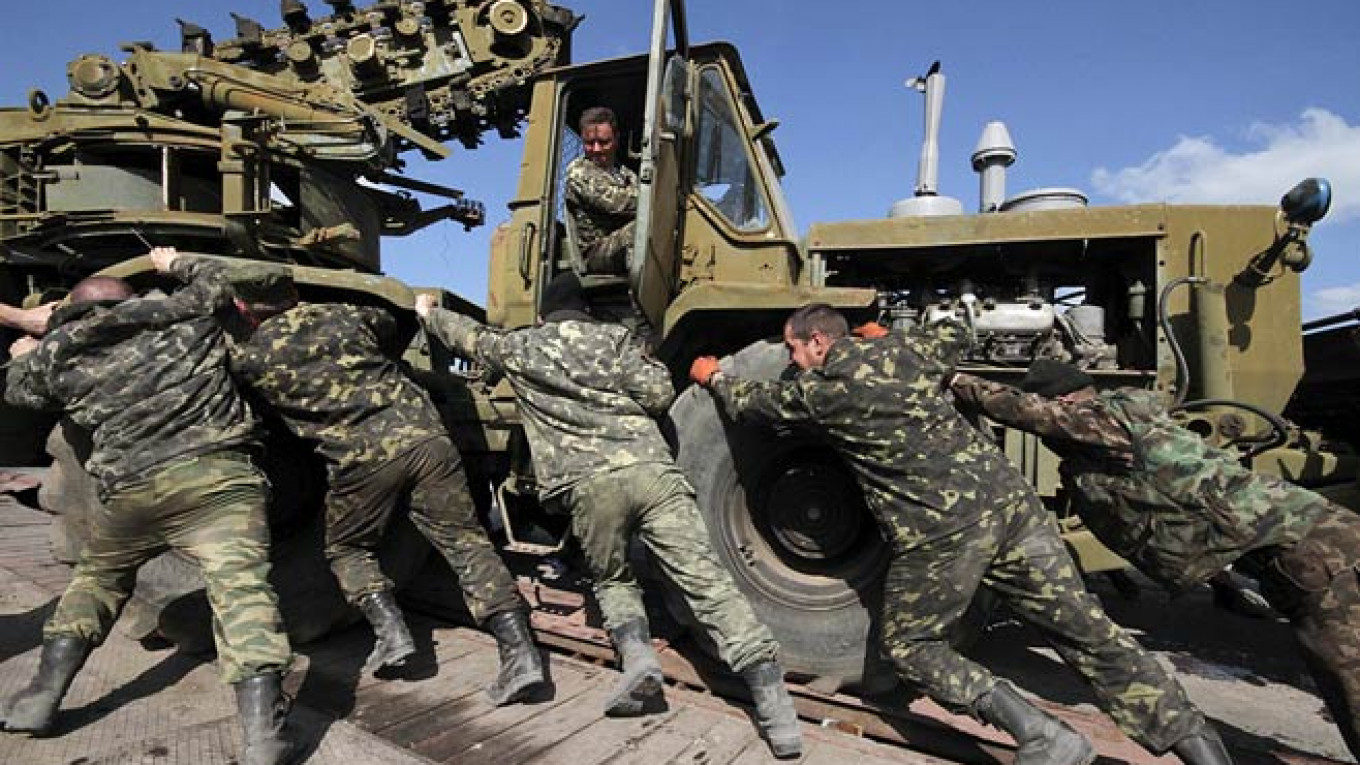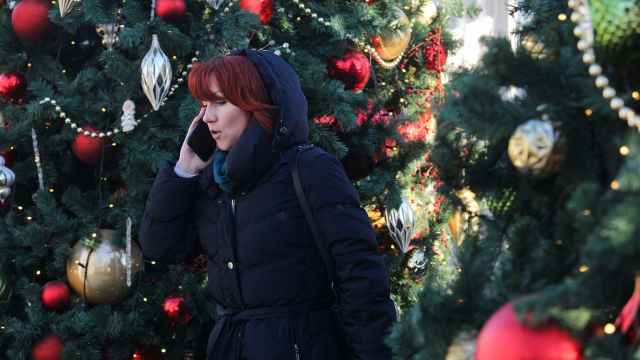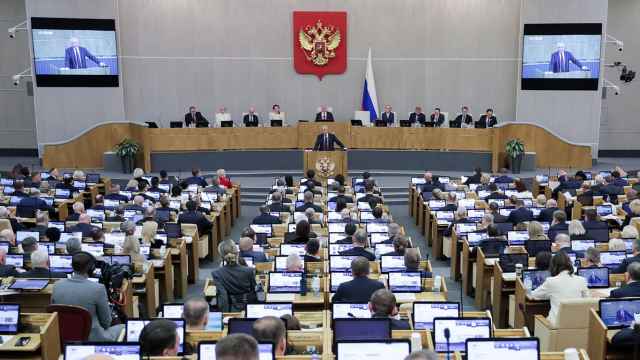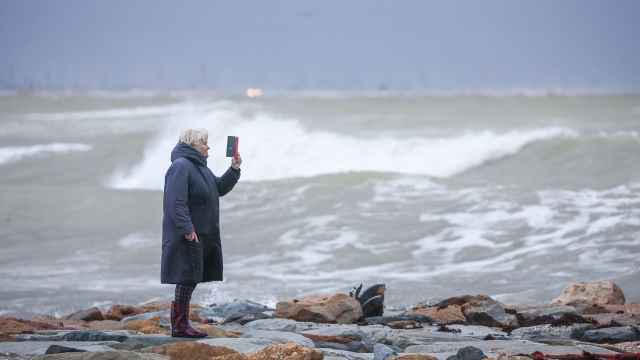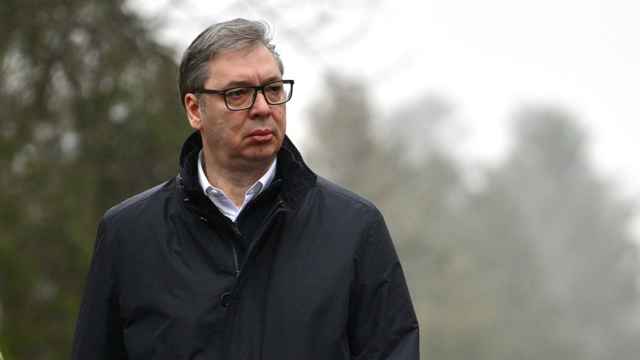BRUSSELS — Ukraine, locked in confrontation with Russia, is counting on the U.S. and other NATO members to supply equipment ranging from uniforms to aircraft fuel but is not asking for weapons, its ambassador to NATO said.
NATO officials say Russia has amassed about 40,000 troops near Ukraine's border, and unrest in eastern Ukraine has led to fears that Russian forces could intervene there as they did in Crimea.
Ukraine is not a member of NATO and Western political and military leaders have made clear that the 28-nation alliance is unlikely to come to Ukraine's military aid if it was invaded.
But NATO and Ukraine have stepped up cooperation since the Crimea crisis broke, and Ukraine's Ambassador to NATO Ihor Dolhov said Kiev expected to receive more assistance from the alliance.
Ukraine had handed a "tentative list" of its army's equipment needs to NATO, including requirements for uniforms, spare parts and aircraft fuel, and a NATO assessment mission could visit Ukraine next week, Dolhov said in an interview on Tuesday.
"We are not talking about arms, munitions, weapons systems. We are talking rather [about] materials which could be needed to secure daily functioning of the Ukrainian defense sector."
Applying for NATO membership was not on the agenda of Ukraine's new government, Dolhov said.
"Current Ukrainian legislation does not provide such a possibility because there is a law … which clearly stipulates the nonbloc status of Ukraine," he said.
But he did not rule out that the situation could change in the future. "The decision belongs to the Ukrainian people only," he said.
The list of equipment needs was "unfortunately rather long" because Ukraine had discovered during the Russian occupation of Crimea that the readiness of Ukraine's armed forces was not as high as expected, he said.
"The U.S. government [has] already decided and delivered some part of this list," he said, declining to give details.
No Weapons
Ukrainian Foreign Minister Andrei Deshchytsia met a number of ministers during a NATO meeting in Brussels last week and all of them, including U.S. Secretary of State John Kerry, British Foreign Secretary William Hague and Turkish Foreign Minister Ahmet Davutoglu, said "their governments will be ready to assist Ukraine with particular, concrete assistance," Dolhov said.
"We need to formulate more concrete requests [of] what can be done by NATO, and to do so NATO will deploy an assessment mission to Ukraine," he said.
Foreign ministers from NATO and Ukraine agreed last week to encourage defense reforms in Ukraine through training programs and providing NATO expertise. Ukraine will also take part in military exercises with NATO members.
But NATO officials said the alliance as an organization did not have equipment to give Ukraine and it would have to seek help from individual NATO allies.
A divided NATO reached a compromise at a 2008 summit, declaring that the former Soviet republics of Georgia and Ukraine would one day join the alliance, but without setting them on an immediate path to membership.
Georgia's membership prospects were put on ice after it fought a war with Russia later that year while Ukraine's former pro-Russian President Viktor Yanukovych, ousted in February this year, ditched the goal of joining NATO in 2010.
Nevertheless, Ukraine contributes soldiers to NATO-led missions in Kosovo and Afghanistan.
A Message from The Moscow Times:
Dear readers,
We are facing unprecedented challenges. Russia's Prosecutor General's Office has designated The Moscow Times as an "undesirable" organization, criminalizing our work and putting our staff at risk of prosecution. This follows our earlier unjust labeling as a "foreign agent."
These actions are direct attempts to silence independent journalism in Russia. The authorities claim our work "discredits the decisions of the Russian leadership." We see things differently: we strive to provide accurate, unbiased reporting on Russia.
We, the journalists of The Moscow Times, refuse to be silenced. But to continue our work, we need your help.
Your support, no matter how small, makes a world of difference. If you can, please support us monthly starting from just $2. It's quick to set up, and every contribution makes a significant impact.
By supporting The Moscow Times, you're defending open, independent journalism in the face of repression. Thank you for standing with us.
Remind me later.


